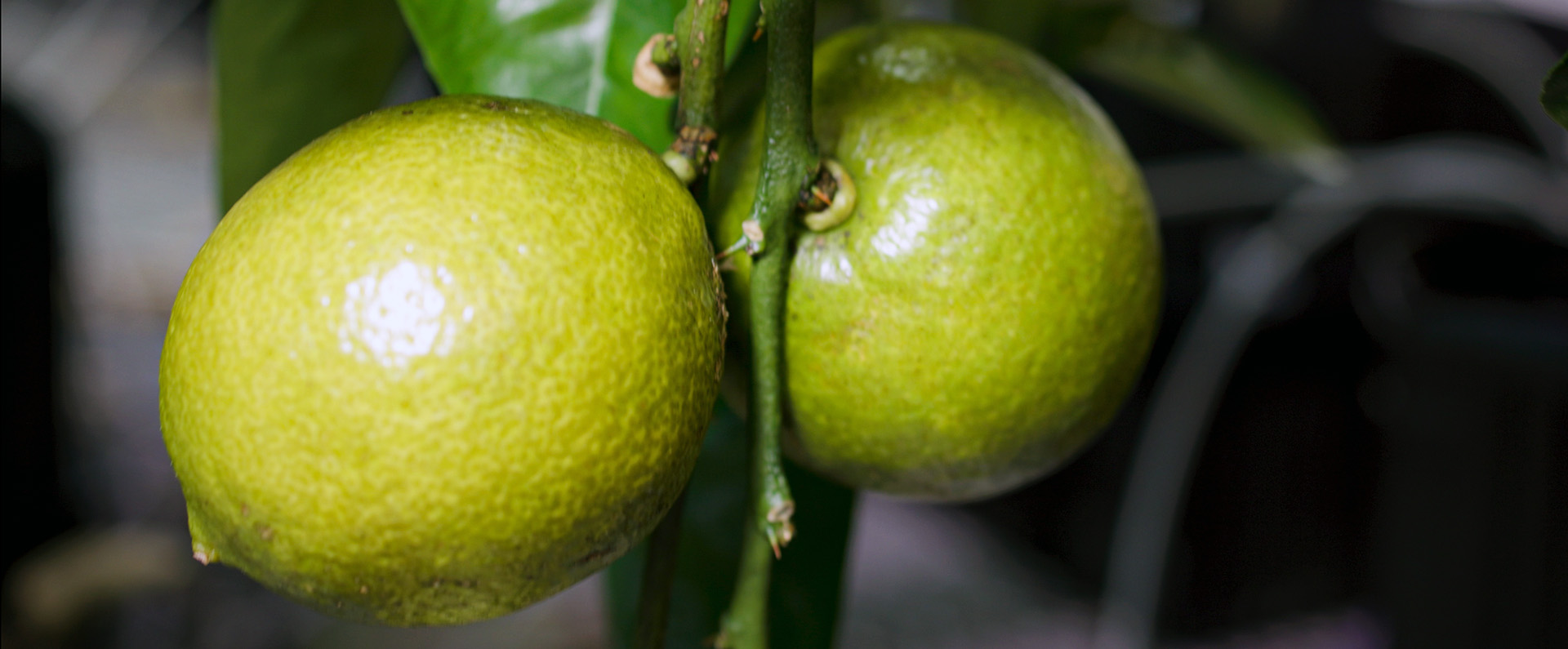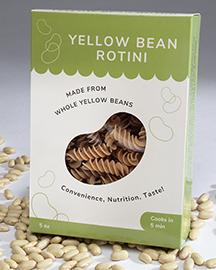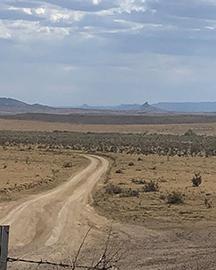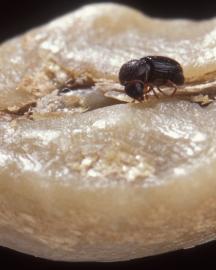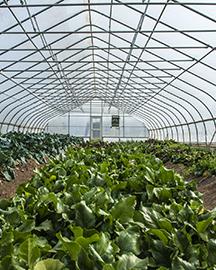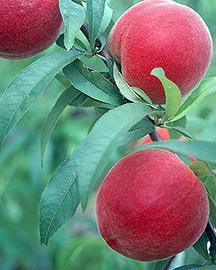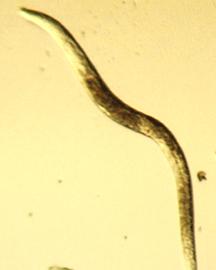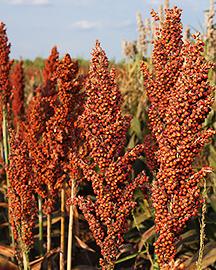A New Tool in the Fight Against Citrus Greening Disease
Citrus greening disease, caused by a bacterial infection, has been devastating the citrus industry in Florida, reducing citrus production by more than 70%. The disease also threatens other states’ citrus growers. ARS scientists have been researching answers to citrus greening disease for more than a decade. They recently developed a new plant-based technology called “Symbiont” that may provide a solution with continued research and development.
Symbiont technology delivers bioengineered molecules to non-bioengineered trees in a manner analogous to insulin pumps. The Symbiont is a small cluster of bioengineered plant cells attached to and fed by the plant. Molecules delivered to the plant by the Symbiont increase the plant’s defenses to these external stresses, allowing them to respond to emerging pests, pathogens, and stressors in real time. Developed by ARS’s researchers in Fort Pierce, FL, and Ithaca, NY, symbiont technology can be delivered to citrus trees in the field and is scalable from a few to millions of trees.
Related Information
Article: How to Save the Florida Citrus Industry?
Report: Developing New Crop Varieties with Enhanced Traits and Disease Resistance


